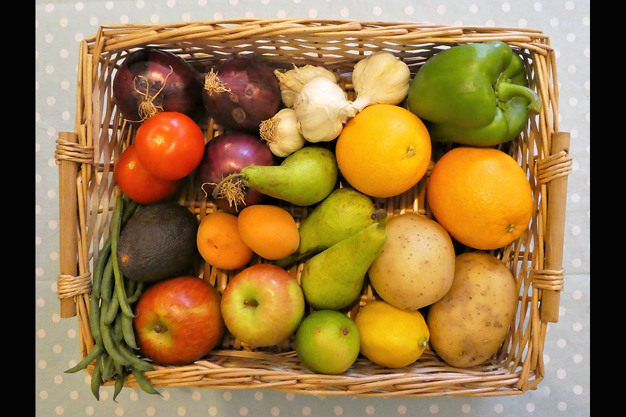Freshfel Europe sent a letter to the European Commission warning that the proposed redeployment of existing EU funds away from promotional 'multi programme' activities could threaten the competitiveness of EU fruit and vegetables and hinder the progress on promoting the health and environmental assets of fresh produce.

Freshfel Europe, on behalf of the European fresh produce sector, responded to the EU Commission's proposal to drastically reduce the agricultural promotion policy budget over the next three years by €281.7 million, a total budget cut of over 50% for this popular CAP policy. Worryingly, the budgets for 'multi programmes,' which involve multiple Member States as well as the Commission's own promotion projects in third countries, have been scrapped entirely, only leaving in place the so-called "simple programmes."
Freshfel Europe expressed concerns regarding the impact this would have on the EU fresh produce competitiveness and the continuity of essential promotion and marketing activities co-funded by the EU budget. Philippe Binard, General Delegate of Freshfel Europe stated: "While the EU decreases its promotion budget, global competitors such as the USA continue to invest millions to promote American food and farm exports. This underscores the urgent need to keep a strong EU promotion policy to maintain our competitive edge globally."
A lacklustre promotion policy will also significantly and negatively impact the EU's efforts to inform society and consumers about health and environmental issues relating to food diet. The latest estimation of daily fruit and vegetable consumption level is estimated at 340g per person. This is well below the WHO minimum health recommendations of 400g, driven by healthy diet considerations to address the challenges of non-communicable diseases and obesity. The Nordic Council has recommended reaching a minimum daily consumption of 800g of fresh produce: 400g for health benefits and an additional 400g to offset negative environmental impacts. Clearly, 340g is insufficient to address pressing health and environmental challenges.
Philippe Binard added: "In a time of growing geopolitical instability, with economic uncertainty impacting consumers' purchasing power and attitudes, and the need to promote the social and environmental benefits of fresh fruit and vegetables, it is crucial for the EU's fresh produce sector to be well-supported in a more cogent, cohesive, and coherent manner than has been proposed."
Phillippe Binard commented: "This is a very short-term vision. This approach by the Commission ignores the indirect long-term huge financial burden on the healthcare systems due to unhealthy diets. The World Economic Forum estimates that €2 is needed for each €1 spent on food to remedy the cost of an inappropriate diet." He concluded: "This budget redeployment is not only a very bad management choice in regard to the return on investment and efficiency of the promotion policy, but it will be financially very detrimental in the medium to long term for society."
For more information:
Gil Kaufman
Freshfel Europe
Email: [email protected]
www.freshfel.org
